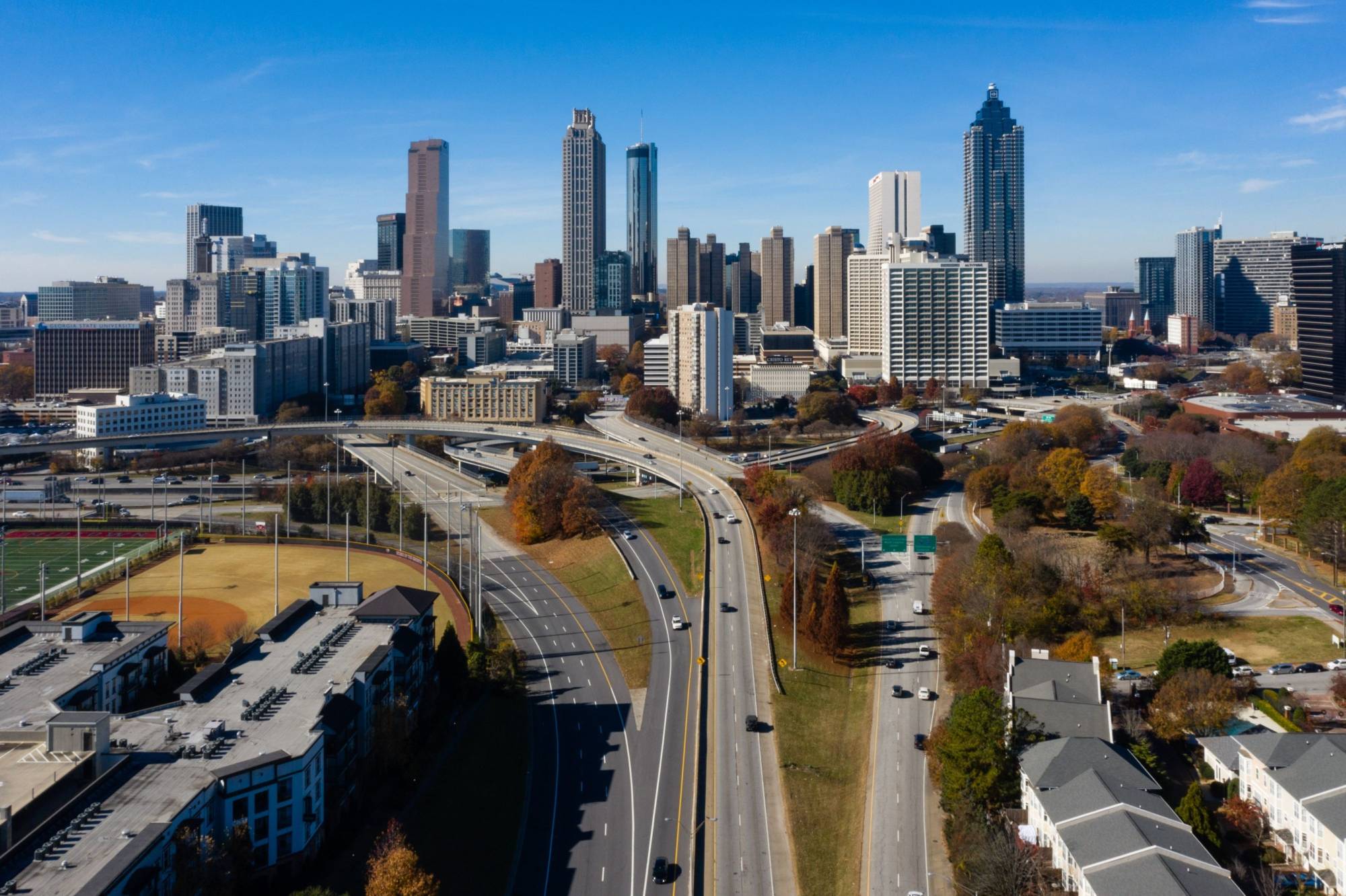When bitcoin miner CleanSpark Inc. bought a data center in the Atlanta suburb of College Park, the company had a problem: It wanted to switch to a cheaper, greener power provider but Georgia law wouldn’t let them. Enter the head of the state’s power board, who stepped in last year and approved a plan under which the old data center would continue buying power from a big utility, while 15,000 mining machines on the same piece of land would be allowed to buy cleaner power sold by a nonprofit generation organization at about half the price.
"At the end of the day, Georgia wants this business here,” Matt Schultz, CleanSpark’s executive chairman, said in an interview. "They've done everything in their power to grow bitcoin in the state."
The U.S. has become the world’s top destination for crypto miners after China banned the energy-intensive industry and as Russia considers doing the same. Now hundreds of thousands of mining machines worth billions of dollars are plugging into electrical grids across America, spawning an entirely new industry — complete with new tax revenue for local governments and big profits for many miners as well as concerns about power use and environmental impact. Some states are working to attract miners while others have taken a more cautious approach, or even pulled up the welcome mat entirely.



















With your current subscription plan you can comment on stories. However, before writing your first comment, please create a display name in the Profile section of your subscriber account page.